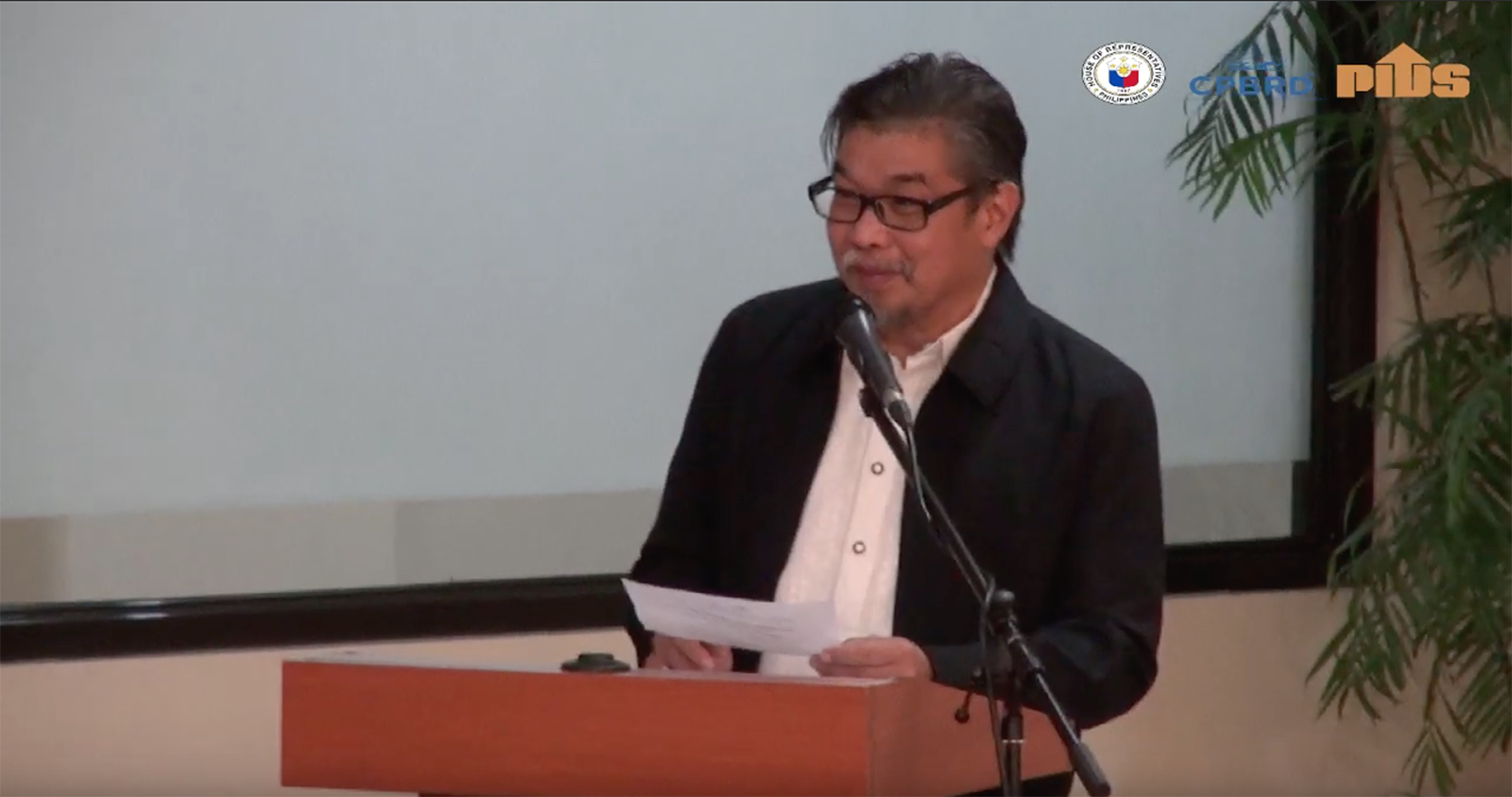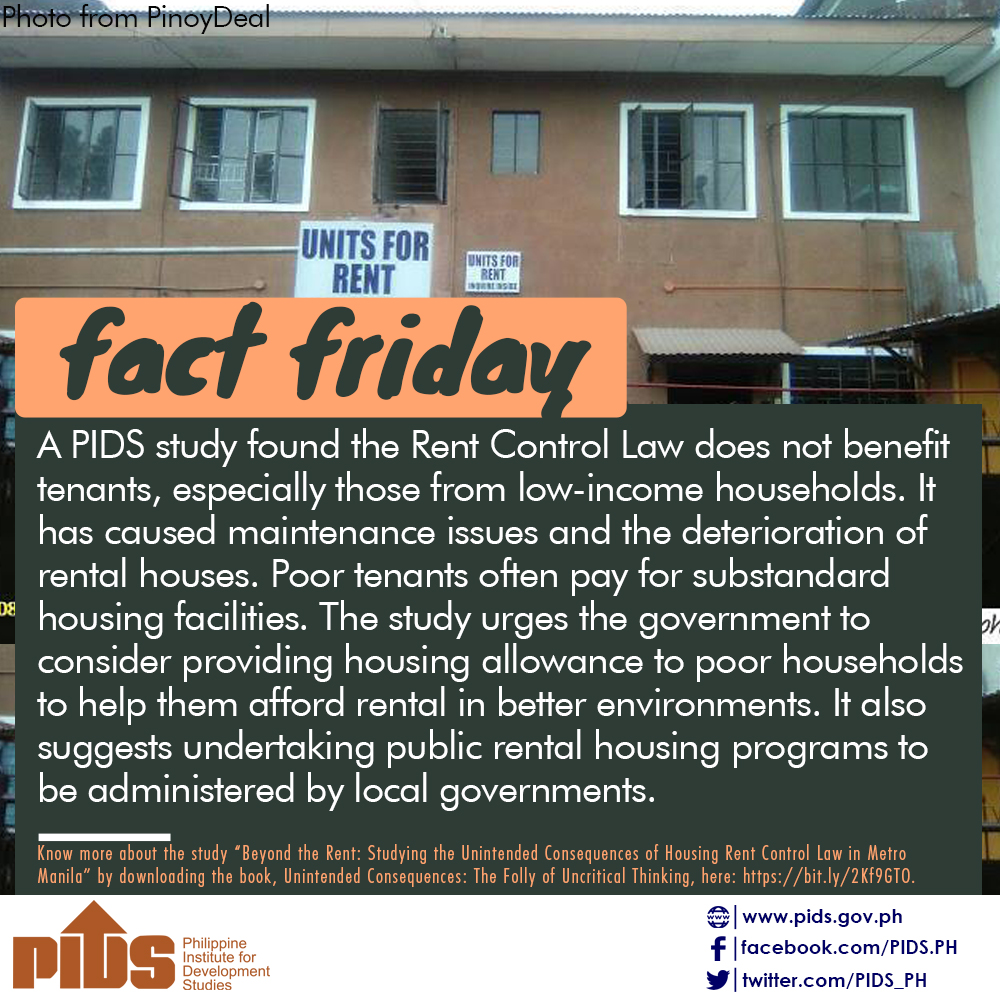Re-electionist Senator Win Gatchalian vowed that should he win a second term in the Senate, he will push for an oversight review of the Enhanced Basic Education Act of 2013 (Republic Act No. 10533) or the K to 12 Law.
Gatchalian pointed out that the implementation of the K to 12 program is hounded by challenges, including a congested curriculum and inadequate teacher preparation and training. Education experts have pointed out that a congested curriculum, which requires too many competencies, compromises adequate teaching time and deep understanding of lessons by learners.
Results of the 2018 Programme for International Student Assessment (PISA) showed that out of 79 countries, the Philippines scored the lowest in Reading. The Philippines also got the second lowest scores in Science and Mathematics.
The readiness of teachers to implement policies such as the Mother Tongue-Based Multilingual Education (MTB-MLE) is another challenge. A 2019 study by state think tank Philippine Institute for Development Studies (PIDS) identified challenges on implementing the MTB-MLE such as inadequacies on school and teacher preparation, as well as the dearth of textbooks and learning materials.
Gatchalian also stressed the need to revisit the work readiness of senior high school (SHS) graduates, especially because the K to 12 Law sought to boost employment and entrepreneurship among them.
A 2020 discussion paper by PIDS showed that based on eight quarters of the Labor Force Survey from July 2018 to April 2020, only a little over 20% of SHS graduates entered the labor force and more than 70% chose to pursue higher education. A 2018 study by PIDS on SHS and the labor market also showed that students are not confident that they can get a job after graduating from SHS. Even those who passed national certification assessments for the technical-vocational-livelihood strand believe that firms still prefer college graduates.
"Patuloy nating susuriin ang mga naging kakulangan sa K to 12 program upang matiyak na naaabot natin ang mga layunin nitong makapaghatid ng dekalidad na edukasyon. Maliban sa pagsusuri sa K to 12 program, patuloy nating isusulong ang mga reporma upang matiyak na hindi napag-iiwanan ang ating mga mag-aaral pagdating sa dekalidad na edukasyon tungo sa mas maayos na trabaho," said Gatchalian, Chairman of the Senate Committee on Basic Education, Arts and Culture.
Pagrepaso sa K to 12 isusulong ni Gatchalian
Isusulong ng re-electionist senator na si Win Gatchalian ang pagkakaroon ng oversight review sa Enhanced Basic Education Act of 2013 (Republic Act No. 10533) o ang K to 12 Law.
Ayon sa senador, maraming hamong kinakaharap ang pagpapatupad sa programang K to 12. Kabilang na rito ang pagkakaroon ng congested o masikip na curriculum at kakulangan sa preparasyon para sa mga guro. Pahayag ng mga eksperto, ang congested curriculum, kung saan requirement ang maraming mga competencies, ay nagiging hadlang sa pagkakaroon ng sapat na oras sa pagtuturo, pati na rin sa mas malalim na pag-unawa ng mga mag-aaral.
Matatandaang batay sa mga naging resulta ng 2018 Programme for International Student Assessment (PISA), Pilipinas ang nakakuha ng pinakamababang marka sa Reading o Pagbasa. Pangalawang pinaka mababa naman ang Pilipinas pagdating sa Science at Mathematics. Halos walumpung (79) bansa ang lumahok sa naturang pagsusuri.
Naging hamon din ang kahandaan ng mga guro sa pagpapatupad ng mga polisiyang tulad ng Mother Tongue-Based Multilingual Education (MTB-MLE). Ayon sa isang pag-aaral na ginawa ng Philippine Institute for Development Studies (PIDS) noong 2019, ilan sa mga naging hamon sa pagpapatupad ng MTB-MLE ang kakulangan sa paghahanda ng mga guro at mga paaralan, pati na rin ang kakulangan sa mga learning materials at mga textbooks.
Ayon pa kay Gatchalian, dapat ding pag-aralan ang kahandaan ng mga senior high school (SHS) graduates pagdating sa employment, lalo na't layunin ng programang K to 12 na paigtingin ang kanilang kahandaan sa trabaho at pagnenegosyo.
Ayon kasi sa isang pag-aaral ng PIDS batay sa walong quarters ng Labor Force Survey mula Hulyo 2018 hanggang Abril 2020, mahigit dalawampung porsyento lamang ng mga SHS graduates ang pumasok sa labor force at pitumpung porsyento lang ang pumasok sa kolehiyo.
Ayon din sa isang pag-aaral ng PIDS noong 2018, hindi kumpyansa ang mga mag-aaral na makakakuha sila ng trabaho kahit makatapos ng SHS. Kahit para sa mga nakapasa ng national certification assessments sa ilalim ng technical-vocational-livelihood strand, naniniwala silang mas gusto ng mga kumpanya ang mga nagtapos ng kolehiyo.
"Patuloy nating susuriin ang mga naging kakulangan sa K to 12 program upang matiyak na naaabot natin ang mga layunin nitong makapaghatid ng dekalidad na edukasyon. Maliban sa pagsusuri sa K to 12 program, patuloy nating isusulong ang mga reporma upang matiyak na hindi napag-iiwanan ang ating mga mag-aaral pagdating sa dekalidad na edukasyon tungo sa mas maayos na trabaho," ani Gatchalian, Chairman ng Senate Committee on Basic Education, Arts and Culture.











